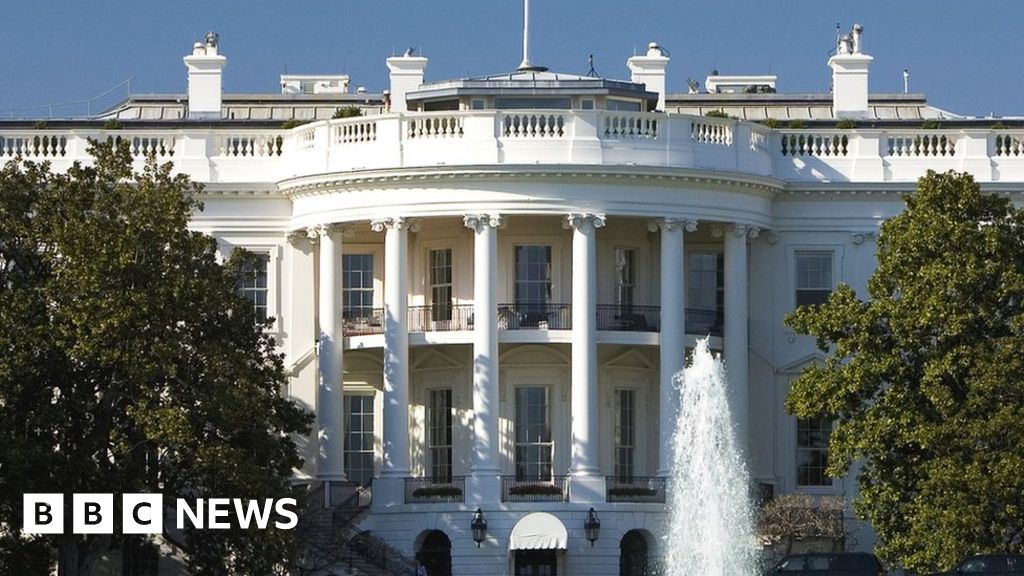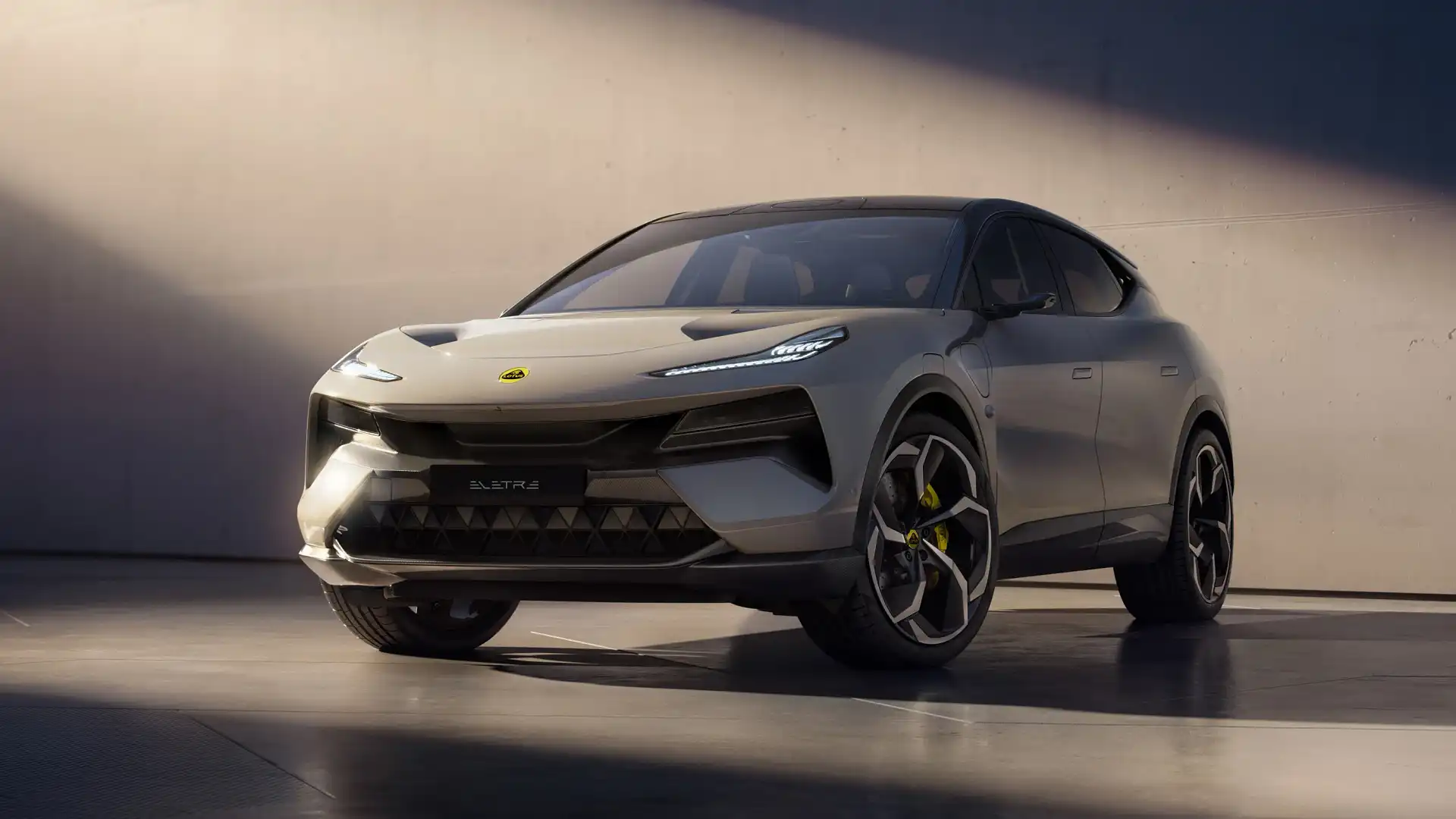Addressing Air Pollution: Should India Implement A National Old Petrol Car Ban?

Table of Contents
The Urgency of Addressing Air Pollution in India
The air quality in many major Indian cities is dangerously poor, consistently exceeding safe limits set by the World Health Organization (WHO). This severe air pollution results in a significant burden of respiratory illnesses, cardiovascular diseases, and premature deaths. The economic impact is equally staggering, with decreased productivity and increased healthcare costs placing a substantial strain on the nation's resources.
- High particulate matter (PM2.5) levels: Many Indian cities regularly record PM2.5 levels far exceeding WHO guidelines, leading to severe respiratory problems.
- Increased respiratory illnesses and deaths: Air pollution contributes significantly to the high rates of asthma, bronchitis, lung cancer, and other respiratory diseases, resulting in preventable deaths.
- Economic losses due to decreased productivity and healthcare costs: The health consequences of air pollution translate into substantial economic losses due to reduced worker productivity and increased healthcare expenditure. Reports from organizations like the Centre for Science and Environment (CSE) highlight these significant costs.
The Case for a National Old Petrol Car Ban
Older petrol vehicles, often lacking modern emission control technologies, are a significant contributor to vehicular air pollution in India. A national old petrol car ban could substantially reduce emissions of harmful pollutants like nitrogen oxides (NOx) and particulate matter (PM), leading to tangible improvements in air quality.
- Reduced vehicular emissions of harmful pollutants like NOx and PM: Older petrol cars release significantly higher levels of NOx and PM compared to newer vehicles, contributing disproportionately to air pollution. A ban would directly address this source.
- Improved air quality leading to reduced respiratory illnesses: Cleaner air would directly translate to a reduction in respiratory illnesses and associated healthcare costs, improving public health outcomes.
- Potential for increased adoption of cleaner vehicles (electric, CNG): A ban could incentivize the transition to cleaner alternatives such as electric vehicles (EVs) and Compressed Natural Gas (CNG) vehicles, further reducing emissions in the long term.
Challenges and Counterarguments to a National Ban
While a national old petrol car ban presents a compelling solution, it also faces significant challenges. The economic impact on lower-income groups who rely on older vehicles for transportation and livelihood needs careful consideration. A phased implementation and robust support systems are crucial for mitigating potential negative consequences.
- Economic hardship for vehicle owners: Many individuals, particularly those with limited financial resources, depend on older vehicles for their livelihoods. A sudden ban could cause significant economic hardship.
- Lack of affordable alternatives for lower-income groups: The availability of affordable and accessible alternative transportation options, such as public transport or cleaner vehicles, is crucial for the success of any ban.
- Need for adequate public transportation infrastructure: Effective public transportation is essential to provide viable alternatives for those affected by the ban. Investing in and improving public transport infrastructure is paramount.
- Potential for black market in older vehicles: Strict enforcement mechanisms are crucial to prevent the emergence of a black market for older, banned vehicles.
Alternative Solutions and Complementary Policies
A comprehensive approach to addressing air pollution in India requires a multi-pronged strategy, going beyond a simple national old petrol car ban. Stricter emission norms for all vehicles, promoting public transport, incentivizing electric vehicles, and improving fuel quality are crucial complementary measures.
- Investing in public transportation systems: Expanding and improving the efficiency and accessibility of public transport systems offers a sustainable alternative to private vehicles.
- Subsidizing electric and CNG vehicle purchases: Financial incentives can encourage the adoption of cleaner vehicles, making them more accessible to a wider range of consumers.
- Implementing stricter emission testing and penalties: Regular and rigorous emission testing with stringent penalties for non-compliance can ensure vehicles meet emission standards.
- Promoting cycling and walking infrastructure: Investing in dedicated cycling lanes and pedestrian walkways can encourage healthier and more environmentally friendly modes of transportation.
International Examples and Best Practices
Several countries have implemented vehicle restriction policies to combat air pollution. Analyzing their successes and failures can offer valuable lessons for India. For example, London's Congestion Charge and various city-specific restrictions on older diesel vehicles provide insights into both the potential benefits and the challenges of such policies. Adapting successful strategies to the unique context of India, considering factors like population density and economic disparity, is crucial.
- Case studies of successful vehicle restriction policies in other cities/countries: Learning from experiences in cities like London, Paris, and others facing similar challenges can inform policy decisions in India.
- Analysis of the challenges faced and lessons learned: Understanding the pitfalls and challenges faced in other countries can help India avoid similar mistakes.
- Adaptability of international best practices to the Indian context: Tailoring international best practices to suit India's specific socio-economic and infrastructural conditions is essential for effective implementation.
Conclusion
A national old petrol car ban in India presents a complex solution to a critical problem. While it offers the potential for significant improvements in air quality and public health, it also raises important economic and social challenges that require careful consideration. A phased implementation with robust support systems, coupled with a holistic approach incorporating complementary policies, is crucial for its success. The debate surrounding a national old petrol car ban in India is crucial. Further discussion and a comprehensive plan considering all perspectives are necessary to effectively address air pollution and build a cleaner, healthier future for all citizens. Let's continue the conversation on this vital issue and find sustainable solutions.

Featured Posts
-
 Market Reaction Gold Climbs As Trump Adopts Less Confrontational Stance
Apr 25, 2025
Market Reaction Gold Climbs As Trump Adopts Less Confrontational Stance
Apr 25, 2025 -
 New Commission To Investigate David Milgaard Case Sisters Plea For Swift Action
Apr 25, 2025
New Commission To Investigate David Milgaard Case Sisters Plea For Swift Action
Apr 25, 2025 -
 Crack The Code 5 Dos And Don Ts To Succeed In Private Credit Job Applications
Apr 25, 2025
Crack The Code 5 Dos And Don Ts To Succeed In Private Credit Job Applications
Apr 25, 2025 -
 Cocaine Found At White House Secret Service Completes Investigation
Apr 25, 2025
Cocaine Found At White House Secret Service Completes Investigation
Apr 25, 2025 -
 Lotus Eletre Suv 230 000 Price Tag Explained
Apr 25, 2025
Lotus Eletre Suv 230 000 Price Tag Explained
Apr 25, 2025
Latest Posts
-
 Le Labo Du 8 Une Exposition Photographique De Pierre Terrasson
Apr 26, 2025
Le Labo Du 8 Une Exposition Photographique De Pierre Terrasson
Apr 26, 2025 -
 Milan Design Week 2025 Saint Laurent Showcases The Legacy Of Charlotte Perriand
Apr 26, 2025
Milan Design Week 2025 Saint Laurent Showcases The Legacy Of Charlotte Perriand
Apr 26, 2025 -
 Exposition De Photos De Pierre Terrasson A La Galerie Le Labo Du 8
Apr 26, 2025
Exposition De Photos De Pierre Terrasson A La Galerie Le Labo Du 8
Apr 26, 2025 -
 Saint Laurent And Charlotte Perriand A Milan Design Week 2025 Collaboration
Apr 26, 2025
Saint Laurent And Charlotte Perriand A Milan Design Week 2025 Collaboration
Apr 26, 2025 -
 Dong Duong Hotel Joins Fusion Hotel Collection In Hue
Apr 26, 2025
Dong Duong Hotel Joins Fusion Hotel Collection In Hue
Apr 26, 2025
